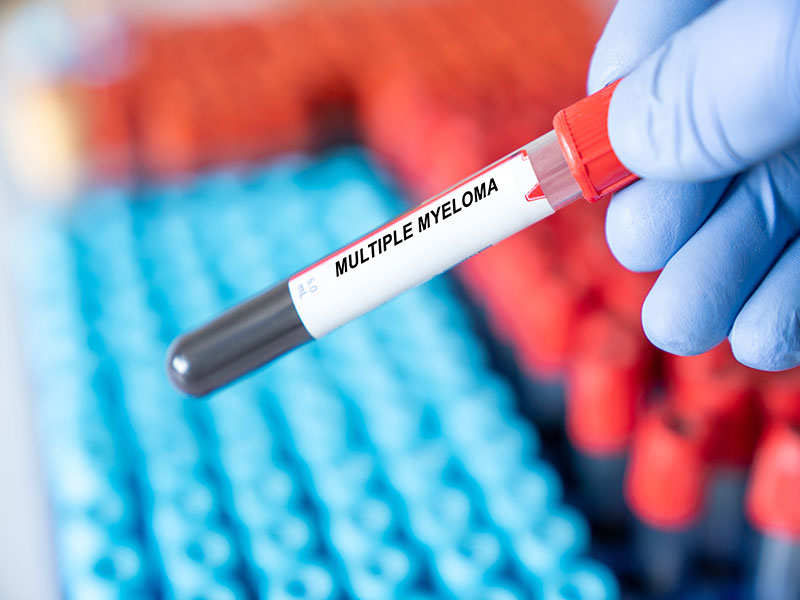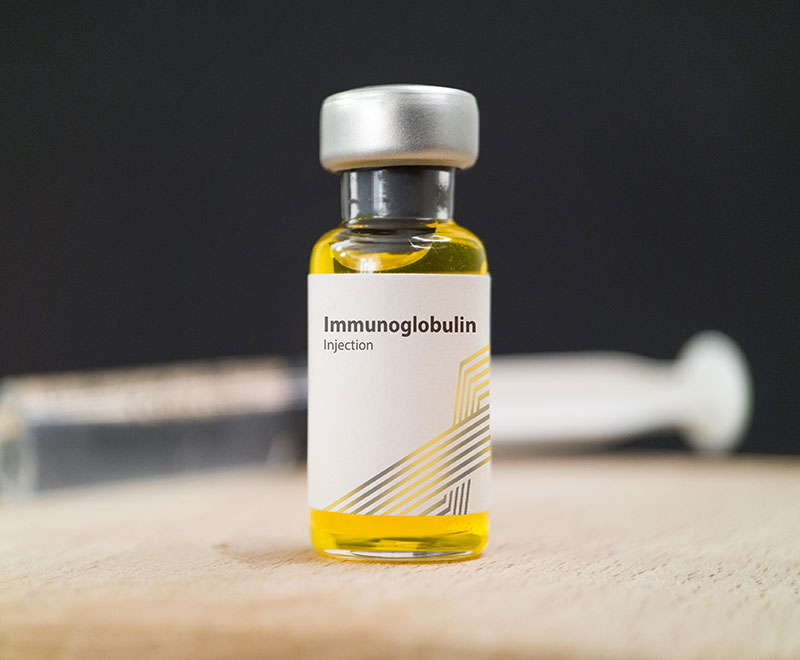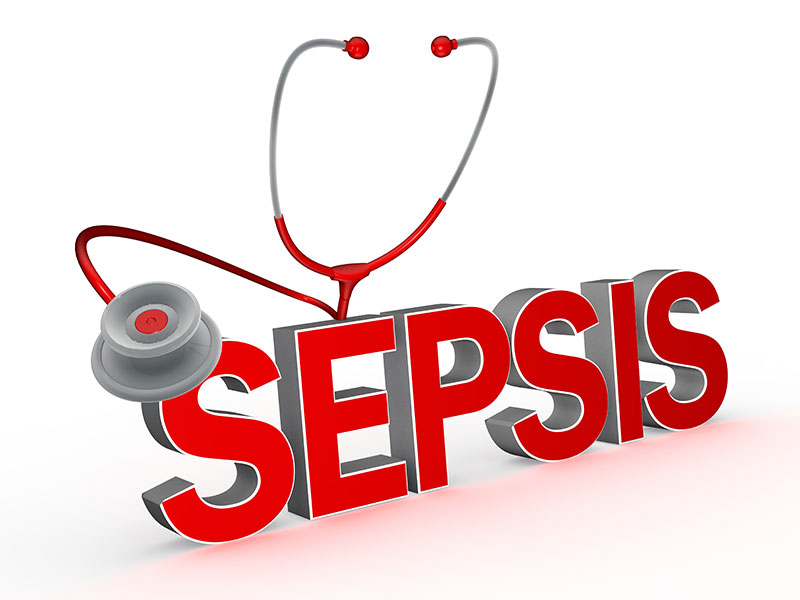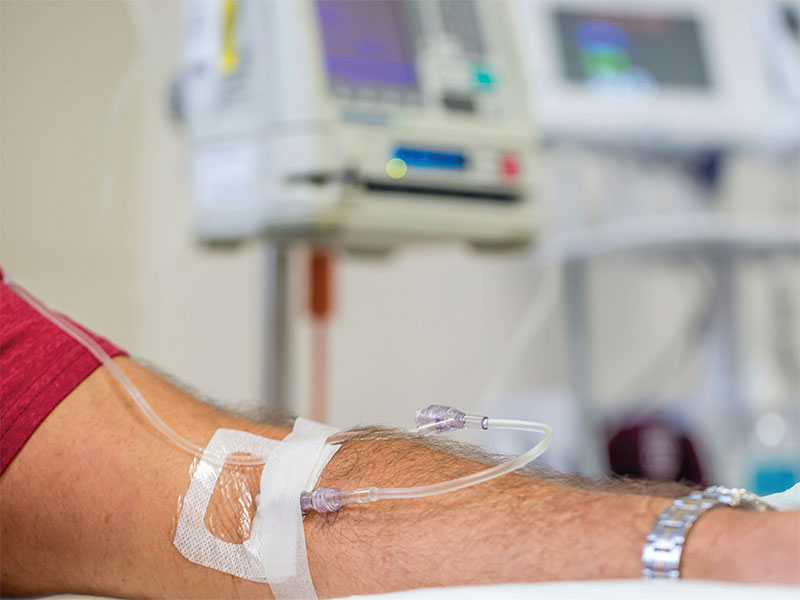Multiple Myeloma Patients Treated with Teclistamab May Benefit from IVIG Supplementation

Results of a recent study show patients with multiple myeloma undergoing teclistamab therapy may benefit from primary intravenous immune globulin supplementation, which appears to reduce the risk of high-grade infection.
Bivigam, Gamunex-C and Panzyga Lots Withdrawn

Specific lots of intravenous immune globulin (IVIG) and subcutaneous IG (SCIG) have been voluntarily withdrawn by the manufacturers due to a higher rate of allergic/hypersensitivity type reactions, some of which were considered medically significant.
Study Shows IVIG Is Associated with Sepsis Mortality

A study published in Frontiers in Immunology has found the administration of intravenous immune globulin (IVIG) is associated with a reduction in sepsis mortality and favorable outcomes in laboratory parameters and the functional status, contributing to the ongoing debate on the efficacy of IVIG for sepsis.
Study Finds Repeat Dosing of IVIG and PLEX Common in GBS, Resulting in Harm to Nonresponders

According to randomized controlled trials, repeat intravenous immune globulin (IVIG) dosing and plasma exchange (PLEX) followed by IVIG (combination therapy) have no additional therapeutic benefit in Guillain-Barré syndrome (GBS) nonresponders. Furthermore, the delineation between GBS and acute onset chronic inflammatory demyelinating polyneuropathy (A-CIDP) can be particularly challenging and carries therapeutic implications.
The Expanding Role of Immune Globulin Treatment in Diseases: Utilization and Growth

New research showing the therapeutic benefit of immune globulin for treating a variety of autoimmune diseases is contributing to market growth of this essential medicine.
FDA Approves Nipocalimab to Treat Sjögren’s Disease

Johnson & Johnson’s anti-FcRn antibody nipocalimab is the first investigational therapy to be granted breakthrough therapy designation by the U.S. Food and Drug Administration as a treatment for adults with moderate-to-severe Sjögren’s disease.
IVIG Reduces Symptom Severity for AGID

A new study indicates intravenous immun globulin (IVIG) therapy can reduce symptom severity for patients with autoimmune gastrointestinal dysmotility (AGID), also known as gastroparesis.
Addition of IVIG May Be Superior to Addition of Plasmapheresis in Corticosteroid-Resistant Optic Neuritis: Systemic Review

A meta-analysis and systematic review compared the efficacy of corticosteroids (CS) alone against CS combined with intravenous immune globulin (IVIG) or CS combined with plasmapheresis (PP) in patients with steroid-resistant optic neuritis.
Xembify Receives Expanded Label for PI Patients

The U.S. Food and Drug Administration (FDA) has approved an expanded label for Grifols’ XEMBIFY (20% subcutaneous immune globulin [SCIG]) to include treatment-naïve patients with primary humoral immunodeficiencies (PI).
FDA Approves Epysqli, Second Biosimilar to Soliris

Samsung Bioepis’ biologics license application for Epysqli (eculizumab-aagh) as a biosimilar to Soliris (eculizumab) has been approved by the U.S. Food and Drug Administration (FDA) to treat patients with paroxysmal nocturnal hemoglobinuria (PNH) to reduce hemolysis and atypical hemolytic uremic syndrome (aHUS) to inhibit complement-mediated thrombotic microangiopathy.